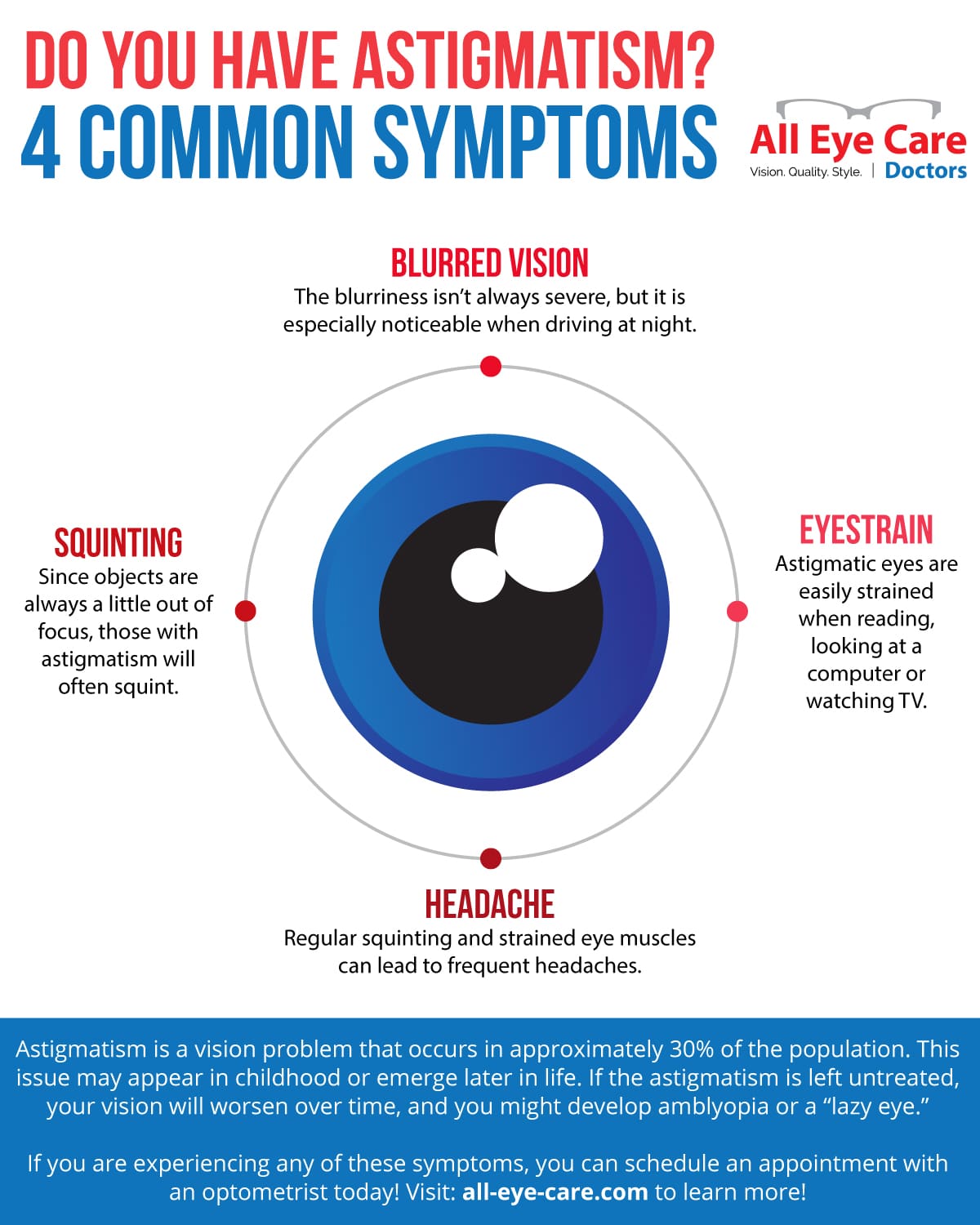Is SMILE Eye Surgical Treatment Right For You? Secret Factors To Consider And Insights
Is SMILE Eye Surgical Treatment Right For You? Secret Factors To Consider And Insights
Blog Article
Uploaded By-Mullen Reece
If you're contemplating SMILE eye surgical procedure, consider this: are you prepared to embrace prospective aesthetic flexibility, or does the idea of any type of dangers make you think twice? Your choice will hinge on a mindful equilibrium of weighing the advantages against the uncertainties. It's vital to dig deeper into the nuances of SMILE surgical procedure to make an informed choice that aligns with your aesthetic goals.
Understanding SMILE Eye Surgery
When taking into consideration SMILE Eye Surgery, it's important to comprehend the treatment and its advantages. of cataract surgery , which stands for Little Incision Lenticule Removal, is a minimally intrusive laser eye surgical treatment that deals with common vision troubles like nearsightedness (nearsightedness).
Throughout the treatment, your eye doctor will certainly make use of a femtosecond laser to produce a small cut in your cornea. With this cut, a tiny disc of tissue called a lenticule is removed, reshaping the cornea and correcting your vision.
Among the essential advantages of SMILE Eye Surgical treatment is its quick healing time. Numerous people experience improved vision within a day or more after the treatment, with minimal discomfort.
In addition, SMILE is understood for its high success price in giving lasting vision improvement. Unlike LASIK, SMILE doesn't call for the creation of a flap in the cornea, lowering the threat of problems and allowing for a much more secure corneal framework post-surgery.
Understanding the procedure and its benefits is critical when thinking about SMILE Eye Surgical procedure for vision adjustment.
Benefits and drawbacks of SMILE
Taking Into Consideration SMILE Eye Surgical procedure for vision adjustment features various advantages and potential downsides.
Among the main pros of SMILE is its minimally intrusive nature, as it includes a little cut and generally leads to quick healing times. The treatment is also recognized for triggering very little discomfort and dry eye symptoms post-surgery compared to other vision adjustment approaches. Additionally, SMILE has been revealed to give superb visual outcomes, with numerous clients accomplishing 20/20 vision or much better.
On the other hand, a possible con of SMILE is that it may not be suitable for people with extreme refractive errors, as the treatment variety is somewhat restricted contrasted to LASIK. What Is Intralase to consider is that the learning curve for specialists implementing SMILE can impact the schedule of knowledgeable service providers in specific areas.
It is essential to evaluate these pros and cons meticulously when choosing if SMILE is the best option for your vision improvement demands.
Figuring Out Eligibility for SMILE
To figure out if you're eligible for SMILE eye surgical treatment, your eye doctor will certainly carry out a complete evaluation of your eye health and wellness and vision requirements. During this analysis, elements such as the stability of your vision prescription, the density of your cornea, and the general wellness of your eyes will certainly be analyzed.
Normally, can cataract surgery be repeated for SMILE more than 22 years old, have a stable vision prescription for at the very least a year, and have healthy and balanced corneas without problems like keratoconus.
Your ophthalmologist will likewise consider your total eye health, any type of existing eye conditions, and your way of living requires to identify if SMILE is the best choice for you. It's vital to interact any certain visual requirements or concerns you may have during this examination to guarantee that the treatment lines up with your expectations.
If you aren't eligible for SMILE, your eye doctor may recommend alternative vision correction options that better match your specific needs and eye health and wellness condition.
Final thought
Inevitably, deciding whether SMILE eye surgical procedure is right for you calls for cautious consideration of your private eye health and visual demands. Seek advice from your ophthalmologist to identify your eligibility for the treatment and evaluate the prospective benefits and downsides. Bear in mind to connect any worries or inquiries you might have throughout the assessment procedure to make an enlightened decision regarding your vision correction alternatives.
